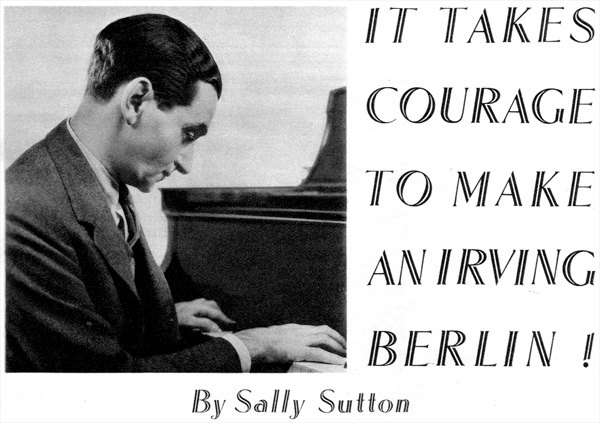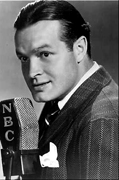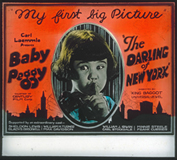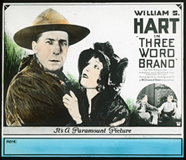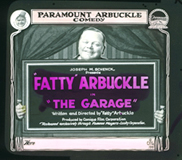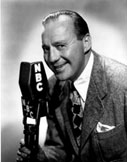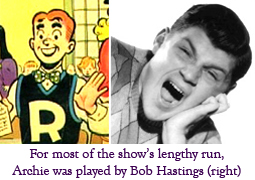 Most of us grew up following the comings and goings of Archie, Jughead, Betty, Veronica and the rest of the gang, but have you ever gotten to hear the long-running radio show based on the popular comic strip? If not, here’s your chance, because today’s broadcast from Christmases Past is an chapter in the radio adventures of Archie Andrews.
Most of us grew up following the comings and goings of Archie, Jughead, Betty, Veronica and the rest of the gang, but have you ever gotten to hear the long-running radio show based on the popular comic strip? If not, here’s your chance, because today’s broadcast from Christmases Past is an chapter in the radio adventures of Archie Andrews.
Archie was played on the radio by a number of actors over the years, but the fellow to portray our favorite carrot-top the longest was venerable character actor and voice artist Bob Hastings.
This program originally aired on December 14, 1948. Enjoy!
Archie Andrews: Christmas Job at the Drugstore—Dec. 14, 1948 (29:45)

